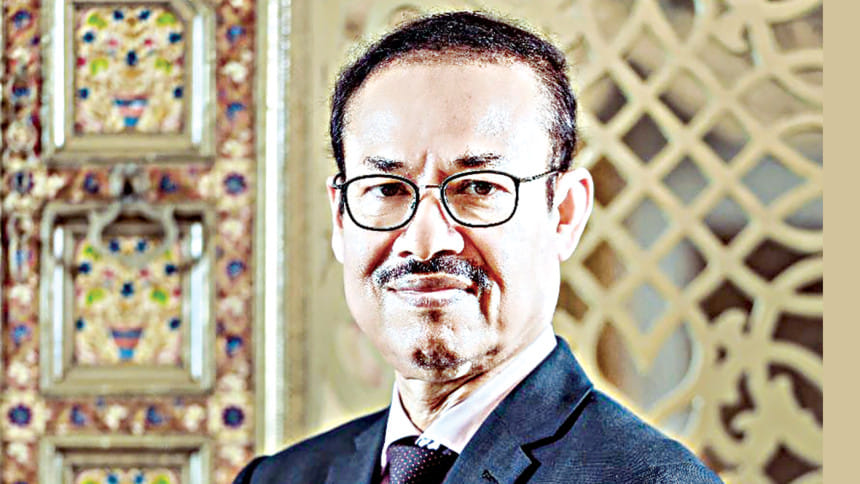High inflation, weak demand: what’s really wrong?

For nearly two years, the Bangladesh Bank has pursued a tight monetary policy to curb inflation. Policy rates have risen, private sector credit growth has slowed, and liquidity has been restricted. The aim has been to reduce aggregate demand and bring inflation down to the target of 6.5 percent. Yet inflation remains stubbornly high, hovering around 9–10 percent. This raises a critical question: is inflation being driven by excessive demand, or by deeper structural and policy-related constraints?
In Western economies, contractionary monetary policy works more effectively because of the population's reliance on credit. Rising interest rates increase mortgage and loan payments, quickly reducing disposable income and consumption. But Bangladesh is not a credit-dependent society. Most consumption is cash-based, and household debt levels, particularly mortgage debt, are low. This weakens the transmission of interest rate hikes to household spending.
Indeed, private sector credit growth has fallen to about 7 percent, a sharp drop from the pre-pandemic average of 14–15 percent, yet inflation has barely budged. This mismatch suggests the problem lies less with excess demand and more with structural and policy-induced supply constraints.
Initially, inflation rose due to external shocks: global commodity prices surged following the pandemic and the Ukraine war, while the taka depreciated by over 30 percent, raising import costs. But these pressures have largely eased. Commodity prices have declined to multi-year lows, and the exchange rate has stabilised. Yet inflation remains high -- indicating that domestic structural issues are now the dominant driver.
One key factor is the fragility of Bangladesh's agricultural supply chain. The lack of cold storage and poor rural logistics leads to large post-harvest losses. Farmers are often forced to sell perishable vegetables at distress prices, while consumers pay inflated rates. This inefficiency results in high prices even when harvests are abundant.
A recent Daily Star report supports this view, noting that while rice farmers benefit from more stable procurement systems, vegetable growers are exploited by layers of middlemen. The gap between farmgate and retail prices is often massive -- not due to scarcity, but due to weak value chains and poor price transmission.
Additionally, fiscal policy plays a significant but under-discussed role in sustaining inflation. Import duties in Bangladesh are often calculated on a "tariff value" set by the government, which is frequently higher than the actual international transaction price. This raises both duties and VAT, artificially inflating the cost of imported goods. On top of this, the "minimum tax" provision, where advance income tax and tax deducted at source become the final tax liability regardless of actual profit, raises the cost of doing business, creating a cost-push effect on inflation.
The government's heavy bank borrowing to finance fiscal deficits is another concern. It crowds out private investment and puts upward pressure on interest rates, while doing little to address supply bottlenecks. As a result, the overall policy mix has failed to ease inflationary pressures.
Yes, there are pockets of demand-led inflation, in urban housing or certain services, but they are not broad-based enough to explain persistent high inflation. In fact, inflation has already eroded consumer purchasing power, dampened investment, and held back economic activity. If inflation were demand-driven, these conditions would have brought it down. They haven't, because the core problem lies elsewhere.
This paradox of weak demand alongside high inflation points clearly to structural dysfunction. Fixing it requires more than adjusting interest rates.
A coordinated strategy is urgently needed, including investment in cold storage and rural transport infrastructure, reforms to break syndicate control over agricultural markets, better price discovery tools to empower farmers and fiscal reforms that remove distortions in import valuation and tax treatment.
Unless these root causes are addressed, inflation will remain entrenched. The solution lies not only in policy rates, but in fixing the broken links between farms and kitchen tables.
The writer is the chairman of Unilever Consumer Care Limited.

 For all latest news, follow The Daily Star's Google News channel.
For all latest news, follow The Daily Star's Google News channel. 



Comments